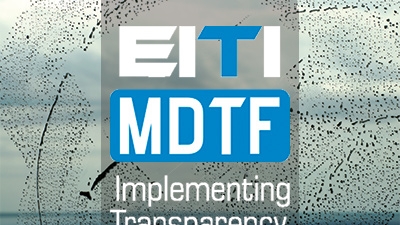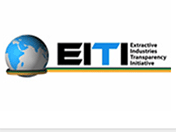“The EITI Standard makes the process more exacting so as to meet the expectations of the global community and, most important, the citizens of resource-rich countries, especially those still struggling to reduce high levels of poverty,” said Paulo de Sa, Manager of the World Bank Sustainable Energy Gas, Oil, Mining division.
The Extractive Industries Transparency Initiative (EITI) began in 2003 with the mission to bring transparency to the revenue process in an effort to hold companies and governments accountable for paying, or collecting, the correct amount of natural resource royalties. This transparency has helped to uncover inconsistencies between payments due and actual payments made. One example is that of Nigeria, whose EITI report from 1999-2008 identified a loss of $2.6 billion in revenues and a failure by oil companies to pay $9.9 billion in royalties. This finding has enabled Nigeria to recover $2.4 billion to date.
The EITI has a strong track record of successful implementation. Forty-one countries are now implementing EITI, of which 25 are compliant and 16 are working towards compliance. Implementing countries include many from Africa, as well as all other regions including Asia, Latin America, the Middle East and the OECD as well.
“It is worth taking a step back and recognizing how far we have come. Transparency around these vast revenue flows is becoming a global norm,” said Jonas Moberg, head of the EITI International Secretariat.
The new, comprehensive EITI Standard poses new challenges, arising due to its broader requirements on disclosure for licensing and production, sub-national payments and transfers, timelier reporting and independent validation, among others. To read more about the new EITI Standard, click here https://eiti.org/document/standard.
The World Bank´s Multi-Donor Trust Fund (EITI MDTF), established in 2004 as a global partner to EITI, met in Abidjan, Cote d’ Ivoire in October to discuss the challenges that lie ahead to assure successful implementation of the new Standard. Most importantly, the donors’ strong support of the initiative led them to renew support and funding of over $67 million to facilitate the successful implementation of the new Standard.
“The new Standard will require renewed efforts through broader technical assistance and capacity building to assure that implementing countries can meet the requirements,” said Diana Corbin, Donor Relations Coordinator, World Bank Sustainable Energy Gas, Oil, Mining division. “Renewed EITI-MDTF funding will make this possible.”
As EITI evolves, embracing the new Standard, it is also an opportune moment to document the success stories of EITI implementation to date. EITI MDTF has released its first annual report to highlight the most notable success stories across the 41 EITI implementing countries. The report summarizes disbursements to each country and the activities that have been implemented with these funds.
The EITI MDTF supports EITI implementation throughout the world. It is administered by the World Bank and financed by the governments of Australia, Belgium, Canada, Denmark, the European Commission, Finland, France, Germany, Japan, the Netherlands, Norway, Spain, Switzerland, the UK, and the USA.



